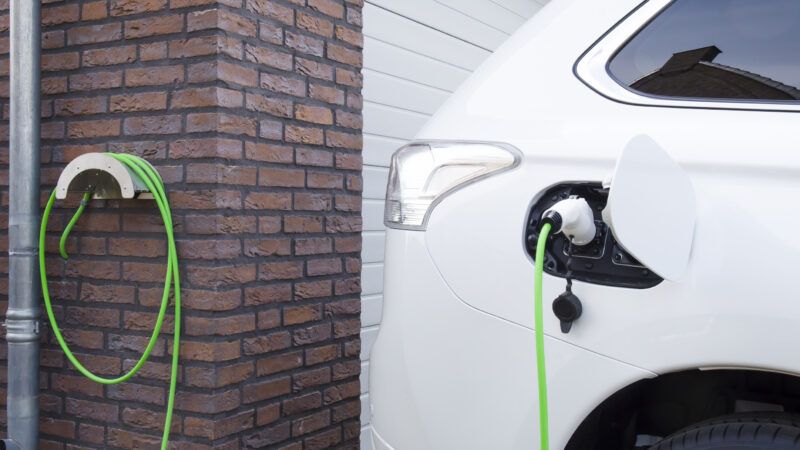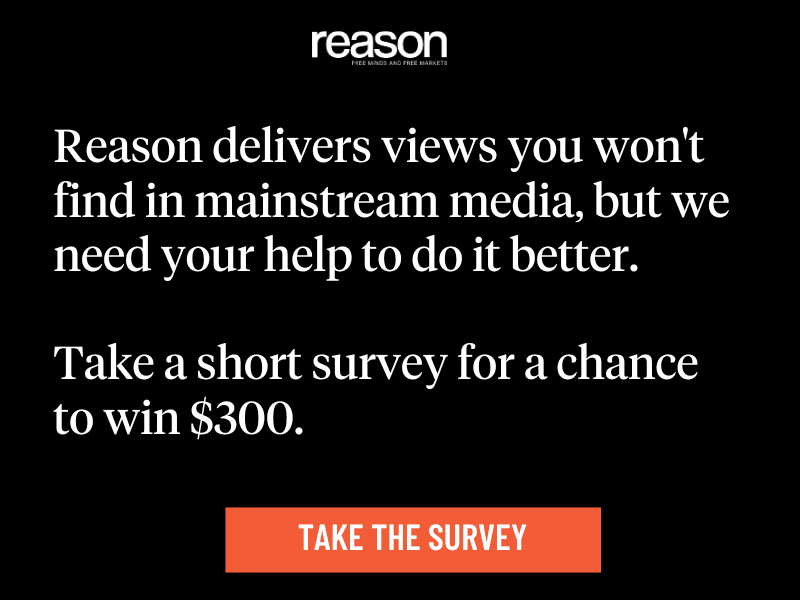Good Luck Qualifying for New Tax Credits on Electric Cars
The Inflation Reduction Act extended tax credits for buying electric vehicles, but the requirements will put them out of reach for most customers.

The Inflation Reduction Act (IRA) appropriated $369 billion toward cutting U.S. carbon emissions 40 percent by 2030, including tax credits for purchasing electric vehicles (EVs).
But good luck qualifying for them.
Since 2010, a U.S. taxpayer purchasing an electric car could claim a nonrefundable tax credit of up to $7,500. However, only 200,000 credits could be claimed per automaker. Tesla, General Motors, and Toyota have all reached the limit.
The IRA removes the manufacturer cap and introduces a new credit of up to $4,000 toward a used EV, which could help anybody who can't or doesn't want to buy brand new. But the law also established several prerequisites that a vehicle must meet to qualify.
Since August, vehicles have been subject to a "final assembly" requirement, which says the car's final assembly must have occurred in North America. That single restriction is complicated, as you can see from the Department of Energy's list of eligible vehicles. The agency recommends that shoppers research cars by Vehicle Identification Number (VIN) to determine eligibility. Those requirements carry over into 2023.
Starting January 1, individuals earning over $150,000 per year or households earning over $300,000 will no longer qualify for the EV tax credit. Electric cars that retail for more than $55,000, and electric trucks and SUVs over $80,000, are also not eligible. According to Kelley Blue Book, the average price for an EV is over $65,000.
Under the IRA, the credit also depends on the materials used to assemble a vehicle's batteries. Certain minerals—chiefly lithium, cobalt, manganese, nickel, and graphite—are essential to constructing the lithium-ion batteries used in electric vehicles. Starting in 2023, qualifying for half of the $7,500 credit requires that 40 percent of the minerals used to assemble an E.V.'s battery be sourced from the U.S. or a country with which it has a free-trade agreement. To qualify for the other half, 50 percent of the battery's parts must be sourced domestically or from a free-trade partner. Each of these percentages will increase over subsequent years.
In December, the Treasury Department suspended the mineral requirement until March, when it can issue final rules. But notably, the law requires that starting in 2024, no battery parts can be sourced from a "foreign entity of concern," such as Russia or China. The same requirement applies to minerals the following year.
That provision was inserted at the insistence of Sen. Joe Manchin (D–W. Va.), who said of the bill, "I don't believe that we should be building a transportation mode on the backs of foreign supply chains." But China controls between 60 and 80 percent of the world's critical EV minerals, and it manufactures more than 75 percent of all EV batteries. The U.S. imports more than half of every single one of the critical minerals listed above, including 100 percent of its manganese and graphite and 76 percent of its cobalt.
Manchin's provision is consistent with the Biden administration's overall "Buy American" policy, prioritizing domestic production even if a product can be made cheaper (or better) overseas. Free trade across borders is a net benefit for both buyers and sellers. Meanwhile, economic protectionism like "Buy American" harms consumers and isolates allies.
The E.V. tax credit is a convoluted mess. Because of the Treasury delay, most automakers will likely be able to offer half of the credit for two months. Then for the rest of the year, only certain models will qualify, forcing customers to check each individual car or truck to see. Finally, next year, fewer and fewer vehicles will qualify at all, as the U.S. is unable to source necessary materials from politically-favored places. Perplexingly, Treasury announced in late December that leases would be exempt from all sourcing and assembly requirements and eligible for the full $7,500 credit.
Subsidies drive up prices, as do rules that create scarcity further up the supply chain. If the Biden administration secretly wanted to slow down electric vehicle adoption while claiming to boost it, they could not have come up with a better plan.




Show Comments (143)